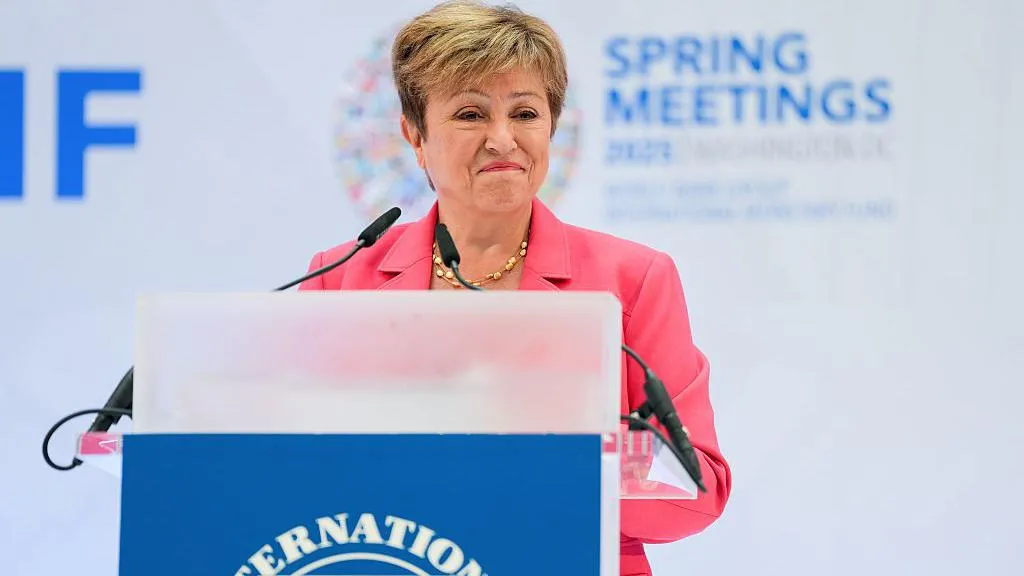The International Monetary Fund (IMF) has released a new report affirming that, despite the ongoing trade tensions and tariffs imposed by the United States, the global economy is unlikely to slip into a recession in the near future.
In its latest World Economic Outlook, the IMF stated that while trade disputes have led to some economic disruption, they are not expected to trigger a widespread global downturn.
“Global growth remains resilient, and despite tariff-related uncertainties, the fundamentals of the world economy remain solid,” the IMF report reads.
The U.S. has imposed tariffs on various goods from major trading partners, including China and the European Union, creating ripple effects across the global supply chain.
However, the IMF noted that these impacts have been somewhat mitigated by robust consumer demand, technological advancements, and a shift in global trade patterns.
“The world economy continues to grow, albeit at a slower pace in some regions, but the fears of a global recession are overstated,” said IMF Chief Economist Pierre-Olivier Gourinchas.
The IMF also projected that the global economy would expand by 3.3% this year, a figure slightly down from previous forecasts, but still a positive outlook overall.
While the U.S. economy has slowed in certain sectors, particularly manufacturing, the broader service and tech sectors have continued to drive growth.
Emerging markets, such as India and Southeast Asia, have also contributed to global growth, offsetting some of the trade-related losses in developed economies.
On the U.S. front, economists have raised concerns about the long-term effects of tariffs, especially if they continue to escalate or become more widespread.
Despite this, the IMF has emphasized that coordinated global policy responses are likely to prevent a significant downturn, particularly if central banks continue to act decisively.
The report also called for more cooperation on trade negotiations to ensure the global economic recovery remains on track and to minimize the risks associated with prolonged tariff disputes.



0 Comments